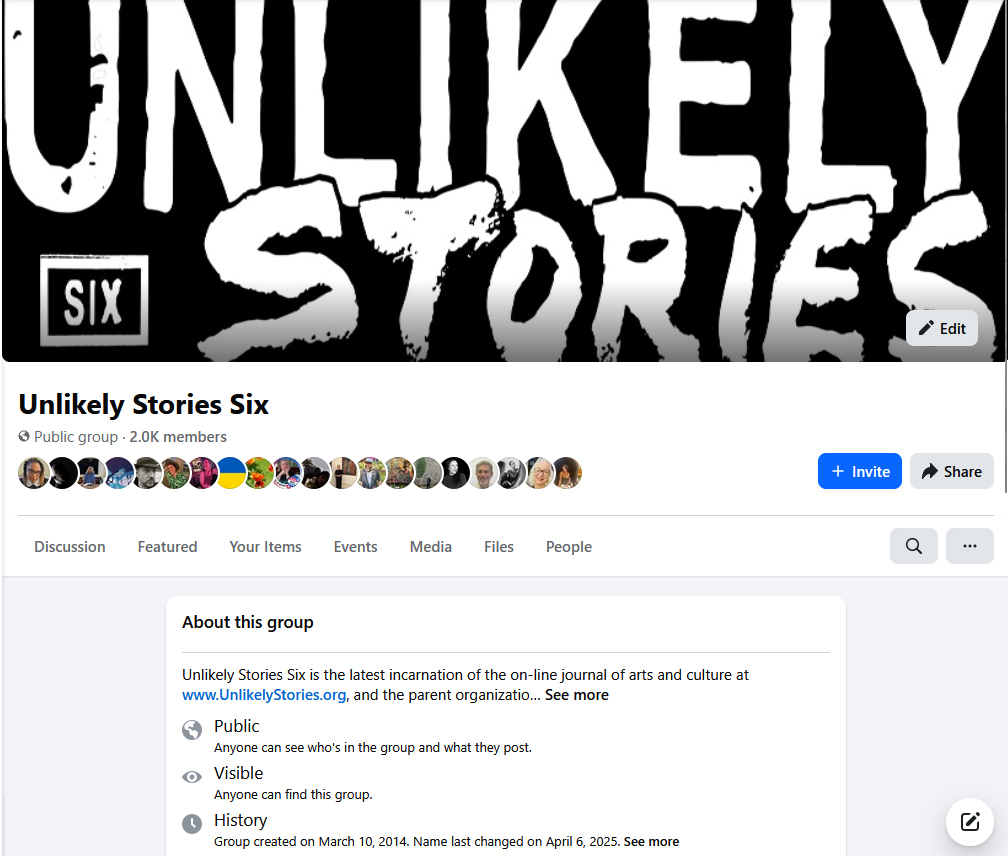If you want to try a thought experiment, extrapolate that idea to all the countless places in the world where something important is decided from above by principles that are fair on their face, based on objective, evidence and data, after great effort and careful judgment. Important decisions produce winners and losers who can’t always be predicted in advance, even by well-meaning decision makers. Sometimes the best they can do is to make broad guesses about which classes of people are most likely to win or to lose. Their good intentions do not change the fact that, depending on what choice is being made, things can go very hard for the losers. But what if the process was fair, based on evidence? Can’t complain about that, can you?
As an example, think about a gigantic, consequential policy like NAFTA and similar free trade agreements. Supporters argued that the benefits of free trade such as increased prosperity would outweigh the costs of lost jobs and declining industries. Opponents pointed out that the winners and losers didn’t aggregate. There was no gigantic scale where the gains and losses could be measured against each other, then apportioned out to each and every citizen in precisely the same amount. The coastal cities, the growing, successful “superstar” cities got richer, while the communities hit by deindustrial devastation went in the other direction. What’s the appropriate thing to tell the latter? That the prosperity of the coastal cities cancels out their pain?
Academics long ago developed a high degree of skill in controlling randomness, what the philosopher Ian Hacking, in his history of probabilistic reasoning, titled The Taming of Chance. Like harnessing an unruly horse, taming chance never meant controlling it entirely, only domesticating it so it could do useful work. Who’d argue with that? For example if you know something about surveys of public opinion, you know the election pollsters couldn’t possibly speak to every voter; rather they survey a random sample, then extrapolate to the whole population. You probably also know a random sample isn’t necessarily a representative sample. Pick ten people at random from a group of 35 men and 65 women and you won’t necessarily wind up with 6 women and 4 men. Or 7 women and 3 men. Because you picked at random, you might wind up with five and five. Or one and nine. Not to worry. Though statisticians know they can’t make a random sample perfectly representative, they can calculate (to oversimplify greatly) how likely it is that the sample represents the whole population. Technically, it’s called the p-value. If the likelihood of representing the population is very high, traditional statisticians would say the findings should be good enough to use. This immensely efficient and valuable process has been embedded into the machinery of contemporary life as firmly as frozen pizza. Yet from some perspectives it can feel like a kind of second-best effort to see how much the beast of chance can be controlled even if it can never be controlled completely (I’ll ignore the question of whether frozen pizza also represents a compromise). It’s as if the demographers and the mathematicians said, “We don’t really know how to make the process perfectly fair or make the sample perfectly representative. We might have missed some people, but we probably didn’t miss too many. It isn’t perfect fairness, but it’s the next best thing. That should be good enough, don’t you think?”
You weren’t consulted on this bargain, nor was I, but we cannot escape it. What if you or a member of your family were the one the numbers missed? Who bears the consequences of your loss? Not the decision makers with their Excel sheets. Oblivious to local knowledge, the statistical perspective is the view from 30,000 feet associated with the expert or the administrator, clinically abstract and relentlessly focused on the general case, not the here and now where we sit at the breakfast table and butter our toast. Imagine if you switched doors. You now had a 2/3 chance of winning the car. What if you still didn’t win? True, if you played the game a hundred times and switched every time, you’d likely win more often than you lost. Why should the individual contestant who only plays the game once care about that? “Alright, Doreen Mooney, I’ll tell you what I’m going to do,” said Monty on one program. It wasn’t the Monty Hall problem but it was close enough. “You see that box over there? It's yours unless you'd like some cash.”
“How much cash?” said Doreen.
“How much cash?” said Monty. “400 dollars. More?”
“Higher! Higher!” shouted the audience.
“Who's yelling higher?” said Monty. “I'm only going to go up as high as 400.”
“400 or the box?” said Doreen.
“Box! Take the box!” said the crowd.
“I'll take the box,” Doreen said.
“All right,” Monty said. “She turns down 400 dollars. And what's inside the box? For Doreen Mooney, she has decided on a little mini donkey. Isn't he adorable? You like him?”
“I like 400 better,” Doreen said.
“Well, it's too late for that now,” Monty said to the hapless contestant. “You'd think at least we'd give her a full size one, but Doreen, that's what happened, and I still get a kiss from a good sport. That's what I like about this show!” There was no second chance for Doreen Mooney because she wasn’t a population or an average, she was Doreen, with her own improbably particular life, like no one else’s in the world.





Add comment